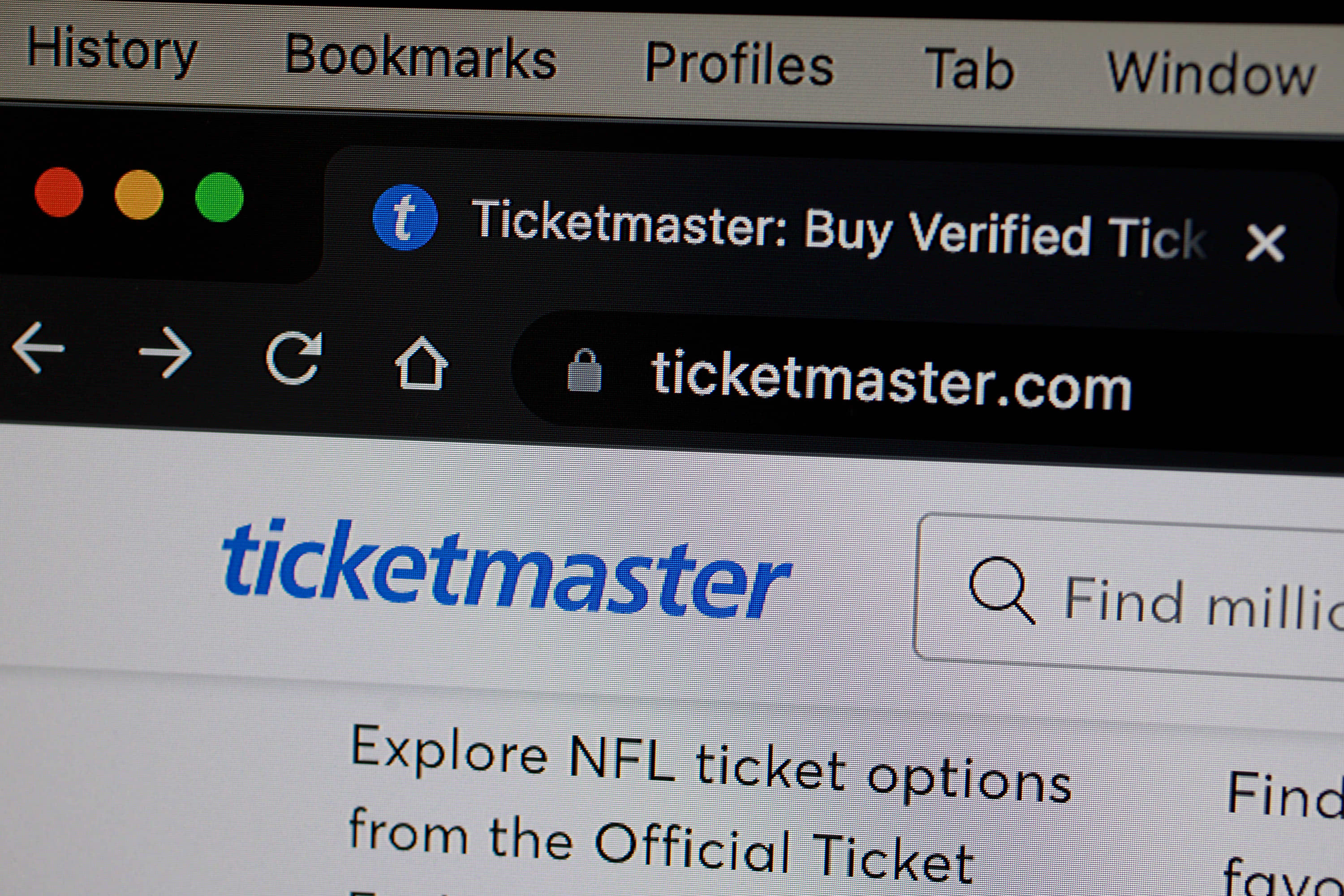Connecticut will receive up to $12 million dollars over the next five years as part of a federal program aimed at making healthcare more affordable and easier to access.
Connecticut is one of three states selected for the Centers for Medicare and Medicaid Services’ All-Payer Health Equity Approaches and Development, or AHEAD, Model.
Hawaii could be the fourth state to join the study.
“We're at a point in Connecticut and in our country where significant percentages of people – 30, 40 percent of people – are avoiding needed healthcare because of the cause,” Office of Health Strategy Commissioner Deidre Gifford said.
Get top local stories in Connecticut delivered to you every morning. Sign up for NBC Connecticut's News Headlines newsletter.
Connecticut will test the idea of global budgeting, or giving Medicaid and Medicare funding in block payments, as a way to encourage hospitals and other providers to keep costs down.
The Connecticut Hospital Association supports the idea but has questions about whether it will produce any significant changes.
For starters, CHA says the reimbursement rates for Medicare and Medicaid are too low. CMS sets the Medicare rights, while Connecticut decides its own Medicaid rate.
Local
“The biggest cost pressure on commercial premiums is the underpayment in the Medicaid and Medicare programs,” CHA Vice President of System Innovation and Finance Mark Shaefer said.
The AHEAD program does include a 5% boost in Medicare payments for participating healthcare providers. Gifford said Medicaid rates, which the legislature sets in the budget, are something OHS will look at.
“We need to make sure that they feel comfortable that engaging with us and our federal partners and us on this model is going to benefit their patients and not do harm to their business model,” she said.
Shaefer’s other concern is that AHEAD won’t do enough to address healthcare disparities that impact Medicaid and Medicare recipients.
Diabetes, hypertension and other health issues are more prevalent among residents in urban areas.
That means more expensive care. If those patients are disproportionately on Medicaid or Medicare, Shafer said healthcare providers will look to shift those costs to private insurance rates.
That means more expensive healthcare for everyone.
“If - for folks who are sick on Medicaid and Medicare - the federal government and state government are not paying enough for that care, there is nowhere for hospitals to go,” he said.
Gifford said a portion of the $12 million will go toward preventative care.
“We know people are struggling in Connecticut and around the country to afford their healthcare,” she said.
Shaefer also wants to see a model that sends more funding, including any savings, directly to hospitals and community healthcare providers. This, he said, would be an incentive for them to continue any efforts that bring costs down.



